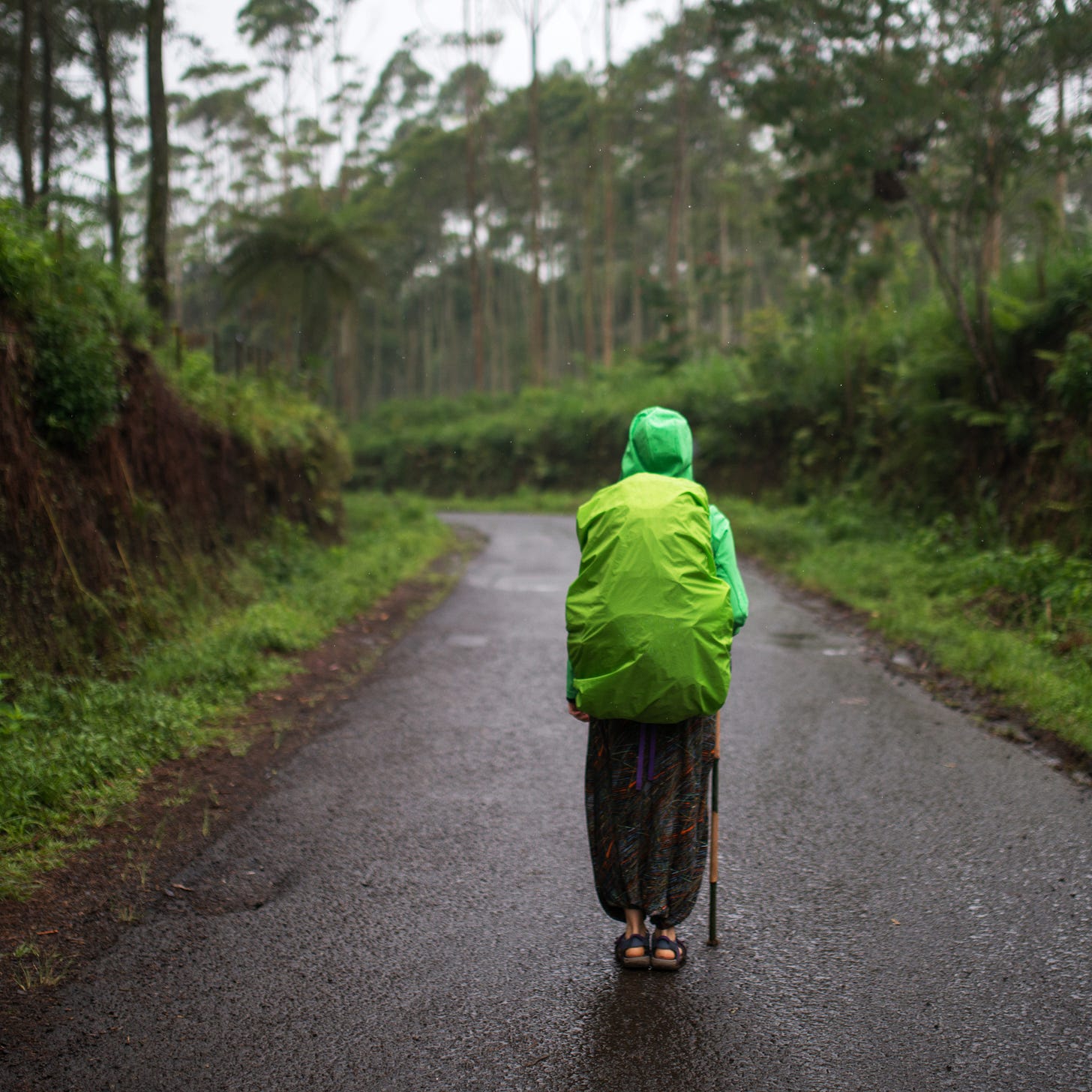Freedom from strongholds is serious business. – Beth Moore
In the memoir Wild, Cheryl Strayed talks about lugging around a 50-pound pack that she names Monster. When Cheryl first started out hiking the Pacific Crest Trail after a divorce and addiction to heroin, Monster was a behemoth, something she could barely pick up and strap to her skinny shoulders. Cheryl writes:
Standing, it came up to my waist. I gripped it and bent to lift it.
It wouldn’t budge.
I squatted and grasped its frame more robustly and tried to lift it again. Again, it did not move. Not even an inch. I tried to lift it with both hands, with my legs braced beneath me, while attempting to wrap it in a bear hug, with all of my breath and my might and my will, with everything in me. And still it would not come. It was exactly like attempting to lift a Volkswagen Beetle. It looked so cute, so ready to be lifted—and yet, it was impossible.[i]
Monster carried around all sorts of odds and ends and necessities and frivolities. Monster liked to read at night (even in the wilderness) and so toted heavy books, along with extra clothes and ice picks and even a string of condoms.
Monster liked to remind Cheryl of her frailty and brokenness. Dig into her skin, make raw the points where friction happened. Little did Monster know, most of what it carried wouldn’t be needed out there on the trail. In fact, Monster needed a nice man on his own hike on the PCT to stop and help it go through items one by one to whittle down the weight.
Eventually, Cheryl and Monster became friends.
After all, it was Monster that made it even possible for her to go on a solo thousand-mile journey on the PCT without getting mauled by bears or a couple of drunk hillbillies. Monster kept what she needed, though she may not have always recognized she needed it.
Monster also encouraged her to let go of the things that she no longer needed to carry.
What are those things that you are toting around like the least trendy and most cumbersome, falling apart piece of luggage? Maybe it’s something that happened when you were a kid that you haven’t told anyone about. Maybe it’s that one thing you did that one time. Maybe it is all the things that weigh you down so much so that you feel like you have to pick up that bottle of wine (or bottles or prescription or vape pen) on the way home from the pick-up line.
Whatever your monster is, one of the beautiful things about recovery is that we don’t have to sit alone with it anymore. We can stare monsters in the face and realize that the scary parts of our experience are beautiful, too. Everything: the good, wretched, and let’s-forget-that-ever-happened—can lead us to a place of even greater joy, peace, and freedom.
So how can we move into a place of freedom? I’d love to tell you more about my recovery story and hear from you, too. Check out my new book, Downstairs Church: Finding Hope in the Grit of Addiction and Trauma Recovery where I get real about my monsters and how I found healing (*a continual process).
[i] Strayed, Cheryl. Wild: From Lost to Found on the Pacific Crest Trail (Alfred Knopf: New York, NY) 2012.




